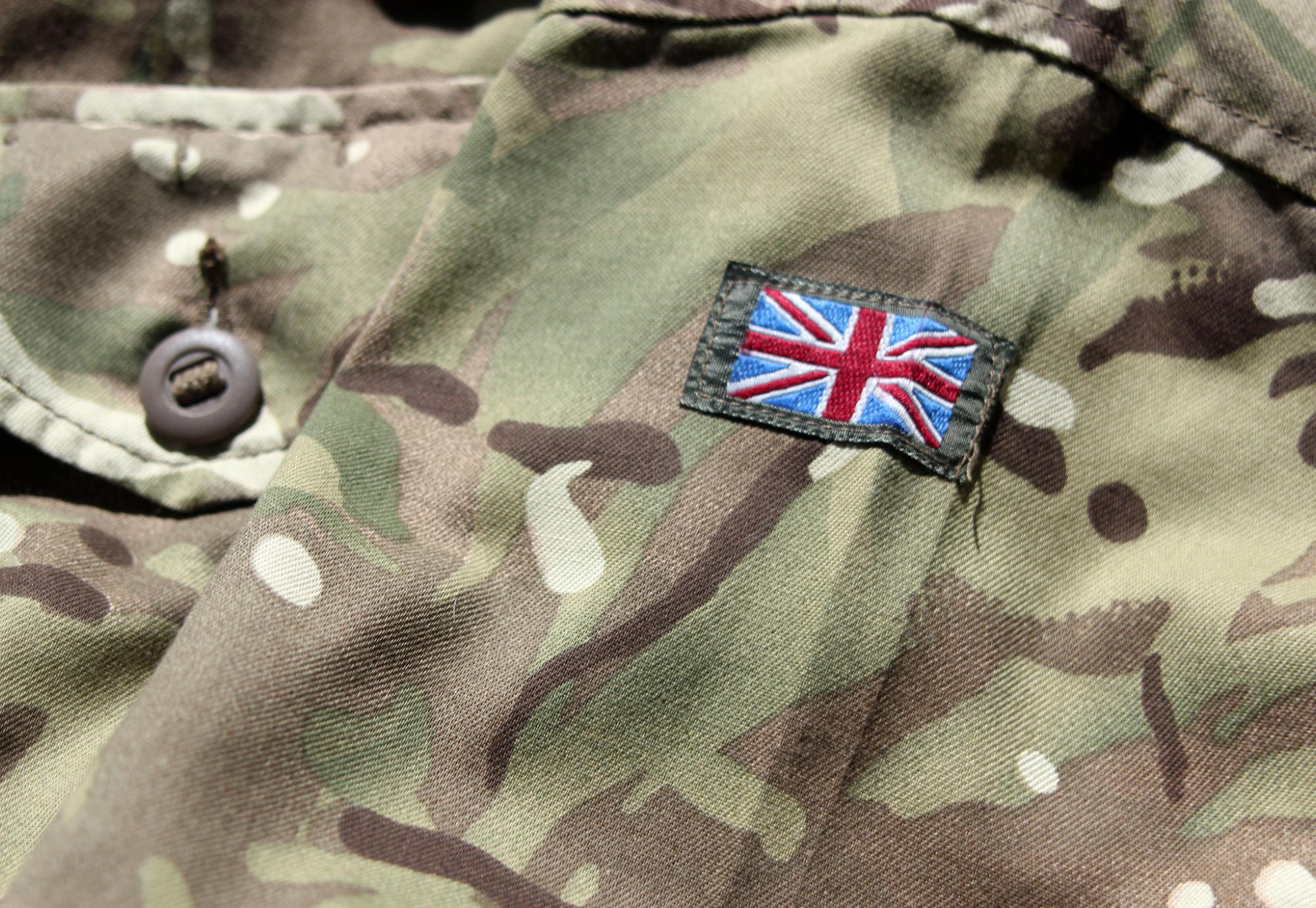Once again, in the Prime Minister’s latest second national lockdown announcement, the UK heard mention of the Armed Forces being drafted in to help. It can sound alarming on the face of it: for many, calling in the troops suggests things aren’t going well.
But what roles are the Armed Forces actually playing within the country’s pandemic response?
Well, perhaps unsurprisingly, their support has been overwhelmingly logistical in nature. Veterans of battlefield logistics, crisis planning and rapid deployment, their advisors have proved hugely instrumental in guiding and supporting the Government and partners in establishing key infrastructure and services quickly and effectively.
Since the start of the pandemic, the Armed Forces have deployed specialist planners, medics and logisticians to assist the response through a specially-created Covid Support Force.
The UK’s troops played a role in the conversion of the Nightingale Hospitals around the country, adding to extraordinary efforts by all involved to turn around fully-equipped field hospitals in a matter of days and weeks.
Similarly, when the national testing programme launched, the Armed Forces proved an invaluable addition – deploying thousands of personnel at short notice across 236 mobile testing units, carrying out more than 700,000 tests.
These were gradually replaced with civilian operators as part of the Government’s long-term sustainable testing model, but Armed Forces personnel have remained on standby to support where needed, as well as continuing to bolster local logistics and outbreak management.
Defence Secretary Ben Wallace said: “Since the start of the pandemic, the Armed Forces have worked with colleagues across government to increase the national testing capacity. We will be deploying 2000 talented Armed Forces personnel to, once again, rise to the challenges posed by Covid-19 to ensure we go above and beyond for the Liverpool community – we will have your backs throughout the trial.
“The military are uniquely placed to help with the fight against Covid-19 and remain ready to support with the mass testing initiative in Liverpool along with the additional needs of the country at this time.”
Similarly, back in July, NHE spoke with Dr Jonathan Leach OBE who, alongside being Joint Honorary Secretary of RCGP and NHS England’s Associate Medical Director for Military and Veterans Health, is also a former Colonel in the British Army.
Dr Leach explained to us then his involvement in the planning and logistics in coronavirus response efforts, and how his experiences in the military helped him operate clearly, quickly and effectively.
He explained: “My personal reflection at one stage, right at the beginning [of the pandemic], was that it was like a military operation tour for me. It was work, eat, sleep seven days a week.
“As a retired full Colonel, I found that background really helpful for how I managed to deal with one problem at a time.”
While our understanding of the virus is significantly improved from those early days and we can plan with more clear coherence, having individuals trained and experienced in handling those difficult, high-pressure – and in not necessarily a strictly medical setting – will help ensure smooth and rapid deployment of services, functionality and improvements as we respond to this second wave of the coronavirus.



















